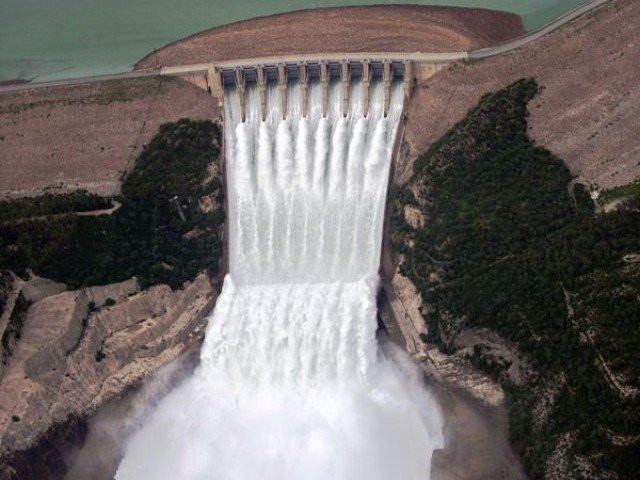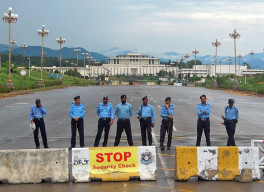
Speakers have said that existing water and sanitation mechanism has become decrepit, which needed drastic overhaul.
They were speaking at a workshop titled “water conservation, purification and sanitation,” held on the sidelines of the Pak-China Business Forum here on Saturday. Diminish
The speakers said that the storage capacity of major reservoirs and dams was rapidly shrinking. While talking on the future of glaciers and the Indus River, University of Bonn, Germany, Professor Dr Matthias Winiger said that more than 1.5 billion people in South Asia were dependent on rivers originating from high mountain ranges.
“In Pakistan, 80 per cent of agriculture is irrigated by rivers and 90 per cent of harvest of agriculture is dependent on the Indus River, 75 per cent river waters in Pakistan are used for irrigation and energy production,” Winiger said and maintained that Tarbela, Dassu, Basha, Bonji and Kachuri were major water dams on the Indus River, of which Tarbela has attained its storage capacity due to flow of sediments.
“If new dams are not built, the rivers will overflow and the new economic corridor will have tremendous consequences on these high areas as snow cover of Hindu Kush-Karakorum- Himalaya will melt away by 2035. At the same time, glaciers in Karakorum are growing, which is an absolute challenge and multidisciplinary research is needed on it,” he said. “There is a need to initiate monitoring to understand these fluctuations,” he stressed.
COMSATS Institute of Information Technology Abbottabad head of development studies Dr Bahadar Nawab Khattak said that water and sanitation issues were a serious matter but the country did not have policies and vision. He said that the available water hardware was not water-efficient and environmentally-viable.
Chairman Pakistan Council of Research in Water Resources Dr Ashraf said that the country has the water storage capacity for 13 days as it only stores 10 per cent of its water resources while the world over 40 per cent water is stored.
“We are unable to store water and the available storage capacity has lost to sediments,” Ashraf said and maintained.
“It is myth that rice needs standing water and we are spending huge water to grow rice, which is right,” he said adding that groundwater was fast diminishing, which could only be recharged through building “delay action dams” and “inverted wells”.
Published in The Express Tribune, March 29th, 2015.










1731929357-0/Express-Tribune-(6)1731929357-0-270x192.webp)






COMMENTS
Comments are moderated and generally will be posted if they are on-topic and not abusive.
For more information, please see our Comments FAQ